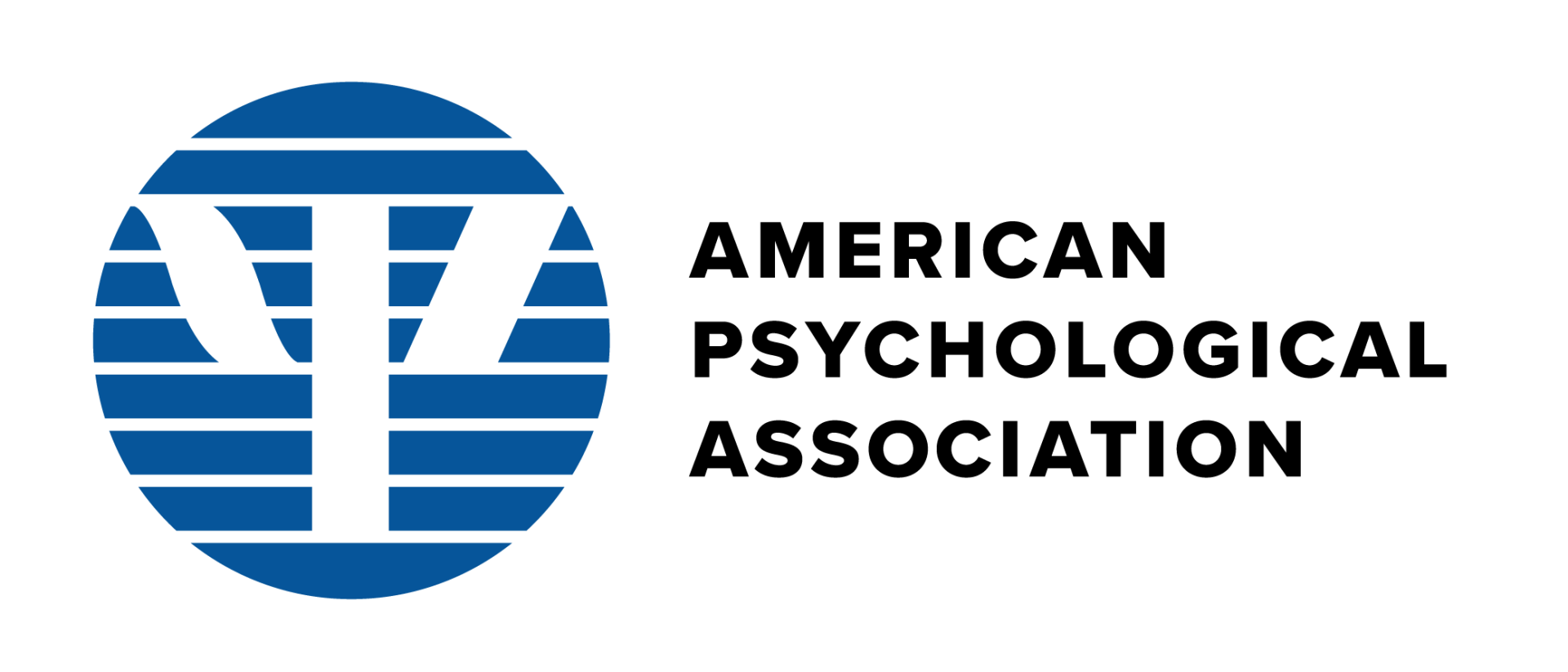Teachers
Excel at teaching psychology. Enhance student learning.
Extraordinary Benefits for Teachers
APA provides exceptional benefits to help you excel in the classroom and in your other roles.
You’ll gain access to:
- Trusted Publications — Monitor on Psychology, American Psychologist, Psychology Teacher Network, and APA Member Update to keep on top of the latest news, developments, and trends
- Advocacy Guidance Tools — Including toolkits, webinars, and resources for outreach
- Lesson Plans and Classroom Resources — Unit lesson plans, assessments, and other curriculum aids to help your students
Bonus for Teachers
As an educator, you’ll automatically be enrolled for membership in either Psychology Teachers at Community Colleges (PT@CC) or APA Teachers of Psychology in Secondary Schools (TOPSS) with benefits especially for you.
These unique communities provide additional benefits including: the Psychology Teacher Network, an opt-in news digest with articles describing innovative practices and teaching activities, a new Teaching Connections resource featured in the Monitor on Psychology, a digital subscription to the Translational Issues in Psychological Science journal, dedicated teacher Listservs, additional classroom resources, and so much more.
Even More Benefits
APA provides the resources and tools you need to help you develop new skills, deepen your knowledge, connect with others, and strengthen your professional identity.
Professional Training
Exclusive content just for members
Live and online trainings on novel and inclusive educational approaches, strategies and techniques that promote educational excellence.
Members Only Discounts
Access premium savings
Enjoy substantial educator discounts on journal subscriptions, books, videos, and electronic resources as well as a reduced rate on registration to the APA Annual Convention.
Networking Opportunities
Create invaluable connections
Participate in unique learning opportunities while growing your network and advancing your career.
Join Teacher Groups on APA Community
Connect with your colleagues on APA's exclusive member platform, APA Community! The High School Educators, Community College Teachers, and University & Academia groups are private spaces to share teaching strategies and discuss best practices. Engage in meaningful conversations, collaborate on curriculum development, and support each other in navigating the unique challenges and opportunities of teaching psychology.

Funding Opportunities
Funding is available to support regional teaching networks for high school teachers and attendance at professional development workshops and conferences. Educators can also apply for funding to support teaching conferences designed to enhance quality of precollege and undergraduate education in psychology and advancing the teaching of psychology at the secondary, 2-year, or 4-year level.
Awards
Each year APA’s TOPSS committee recognizes high school psychology teachers of excellence. Similarly, APA’s Committee on Associate and Baccalaureate Educators presents teaching resource awards to educators at 2- or 4-year institutions. Both committees also offer opportunities for high school and undergraduate students to win awards.
Advocacy
APA advocates equitable, inclusive, safe, and healthy school climates for both educators and students. The organization also supports the rights of educators to do their jobs without political interference.
APA also advocates for the application of the science of teaching and learning to educational settings, encourages states to adopt APA’s National Standards for High School Psychology Curricula, and supports programs that aim to increase access to higher education for low-income, first-generation students.





